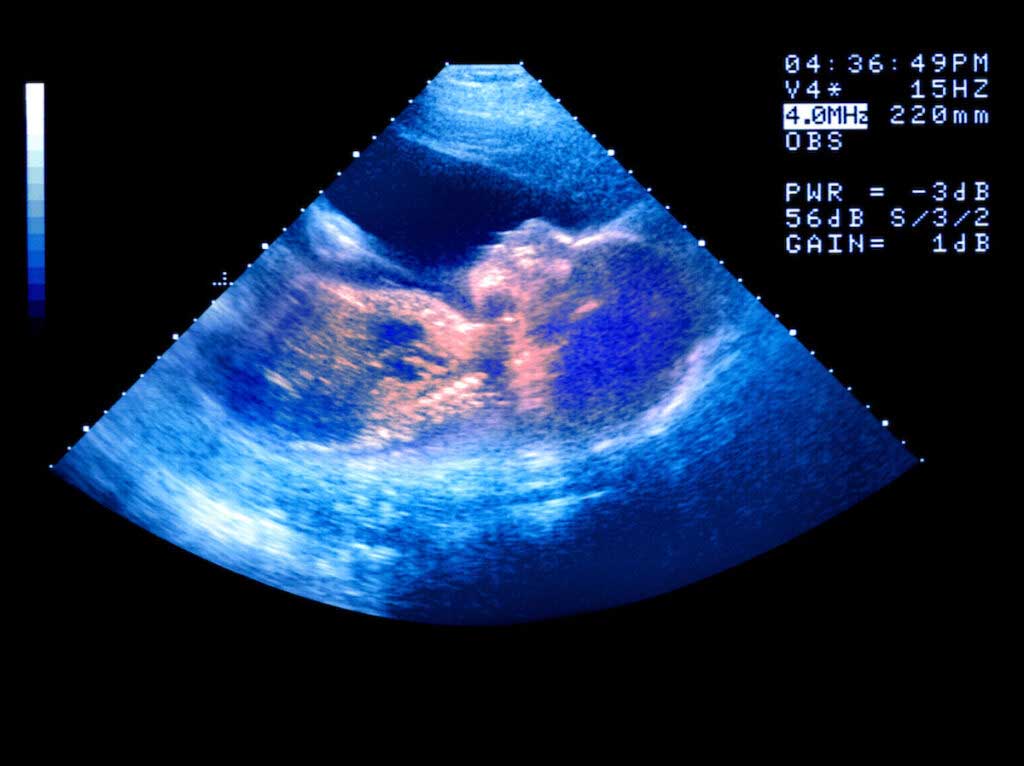I’m 44 and expecting my first in late November, conceived through egg donation. I’m in excellent health. My health care team has told me that from 32 weeks onward, I should have nonstress tests twice a week, because of my age and IVF. Twice a week! I’ll be working until 36 weeks and am juggling a lot in my life already, and adding that many appointments during business hours is going to stress me the heck out. Can you speak to the actual risks and benefits involved here? And/or whether I could do it at home, maybe with help from a nurse friend? There are no issues with my specific pregnancy; this is just “standard of care” for folks in their 40s (and maybe also for IVF babies). Thank you!
—Stressed by Nonstress
For this one, I went to my co-author, Dr. Nate Fox, for his thoughts. For those of you who missed it, Nate and I have a book coming out next April on pregnancy after complications. You can pre-order it here!—Emily
First of all, good luck with the pregnancy and glad you are doing well thus far. Very exciting!
Your providers are recommending antenatal testing, which is basically a structured testing protocol to assess the health of the fetus, specifically related to the health of the placenta. Antenatal testing is recommended for many conditions, some related to the health of the mother and others specific to the pregnancy. For example, antenatal testing is usually recommended for twin pregnancies, hypertension, diabetes (pre-pregnancy and gestational), suspected fetal growth restriction, and any other situation in which there may be an increased risk of placental insufficiency or stillbirth. However, there is a lot of variability in this testing from center to center, mostly because it is difficult to prove that the testing does what it is intended to do — lower the rate of stillbirth and improve outcomes for babies, as well as which exact testing protocol is best. The variability includes the exact list of conditions/situations that warrant testing, the specific test chosen, the starting gestational age, and the frequency of testing. So, basically, everything!
In your specific situation, it is common to recommend testing for someone age 44 who conceived through IVF. Although you are doing great, you do have risks similar to someone with pre-existing hypertension or diabetes, so it makes sense to test. NSTs twice a week at 32 weeks is on the more aggressive side of the curve, but certainly not unusual. Ultimately, you are able to opt out of it, but I wouldn’t push back too hard — if your doctors are used to certain testing, it’s probably best to just do it. The same is true for remote monitoring — it is feasible, but I would only recommend it if your doctors already do it regularly with other patients. The more you take them out of their box, the more likely it is that something may get missed. You can have a conversation with them to see if they are comfortable with less frequent testing (once a week) or starting the testing a little later (34 or 36 weeks), but if they push back, I’d leave it be.
Community Guidelines















Log in